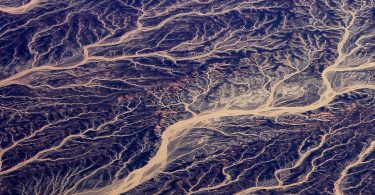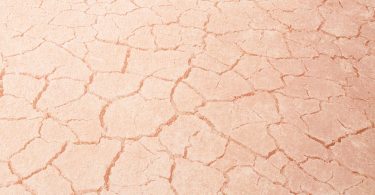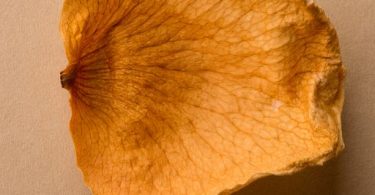Glycation is a slow poison. His favorite target, slow turnover proteins and especially collagen. Its antidote, the deglycating molecules.
One of the particularities of the glycation reaction is its slowness; it takes several months to several years for it to reach its final stage: the creation of AGEs (Advanced Glycation Endproducts), one of the main sources of cellular aging.
It has been experimentally proven that protein turnover is a major determinant of AGEs accumulation (1).
A fast turnover protein (less than a few months) will be little affected by AGEs. A strict lifestyle and possibly the intake of glycation inhibitors will then be sufficient to keep these proteins out of reach of AGEs in healthy patients.
In contrast, slow turnover proteins (beyond several months) are the preferred targets of glycation and therefore suffer the deleterious effects of AGEs.
Glycation will do more damage to collagen proteins than other proteins in the body
The collagen turnover rate is several decades (for comparison, 3 to 4 months for hemoglobin and a few hours for DNA replication factors). Collagens are major proteins of the body, declined in 28 types. They represent about 1/3 of the total proteins in mammals: skin, bones, tendons, cartilage, vessel walls, certain brain tissues…
Glycation will do more damage to collagen proteins than other proteins in the body; the record could be achieved by collagen cartilage (turnover greater than 100 years).
This important information confirms the interest of the deglycating molecules: If a strict hygiene of life possibly supplemented with glycation inhibitors should be sufficient to control the glycation of fast turnover proteins, the taking of deglycating molecules becomes indispensable for slow turnover proteins like collagen.
@AGE BREAKER, update 02 2020
[Glycation is one of the major causes of aging. Resulting from the fixation of sugars on the proteins constituting the organism, glycation generates toxic compounds that cause cellular aging. Glycation is particularly involved in metabolic disorders, skin aging and cognitive decline.] [AGE BREAKER SKIN HEALTH, patented nutritional supplements, based on rosmarinic acid, recognized by aging specialists around the world for their properties to reverse the effects of glycation.]More on www.agebreaker.com
#agebreaker #glycation
(1): N. Verzijl and Al. Effect of Collagen Turnover on the Accumulation of Advanced Glycation End Products. The Gaubius Laboratory, CE Leiden, the Netherlands. The Journal of Biological Chemistry, Vol. 275, No. 50, pp. 39027–39031, 2000
Photo ; adanielforero









